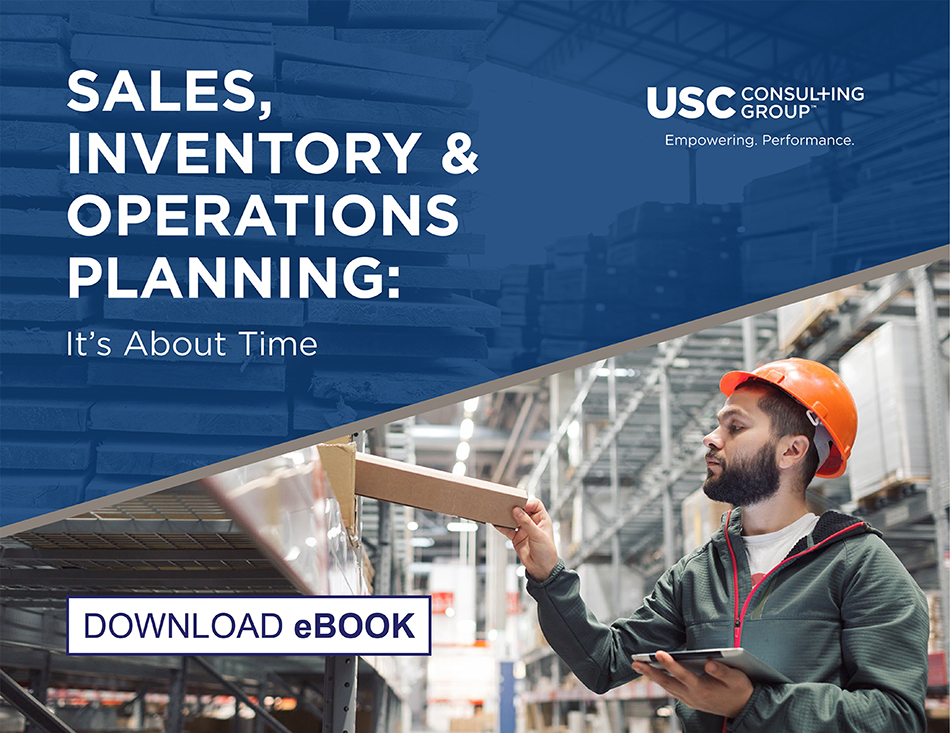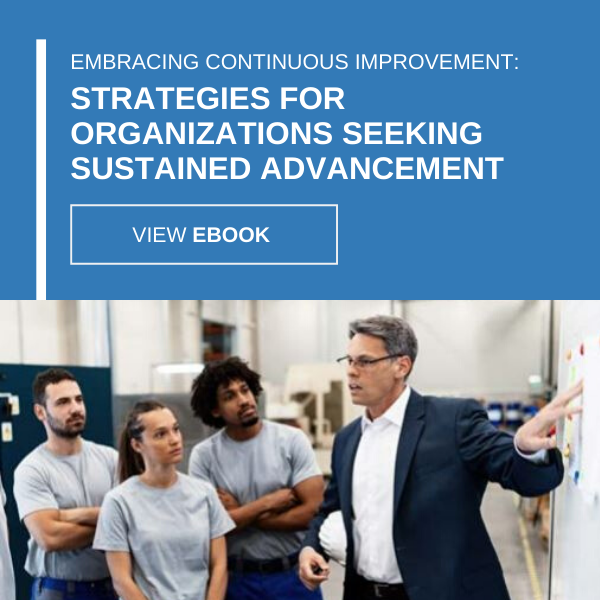-
Subscribe to Blog:
SEARCH THE BLOG
CATEGORIES
- Aerospace
- Asset Maintenance
- Automotive
- Blog
- Building Products
- Case Studies
- Chemical Processing
- Consulting
- Food & Beverage
- Forestry Products
- Hospitals & Healthcare
- Knowledge Transfer
- Lean Manufacturing
- Life Sciences
- Logistics
- Manufacturing
- Material Utilization
- Metals
- Mining
- News
- Office Politics
- Oil & Gas
- Plastics
- Private Equity
- Process Improvement
- Project Management
- Spend Management
- Supply Chain
- Uncategorized
- Utilities
- Whitepapers
BLOG ARCHIVES
- September 2025 (1)
- August 2025 (2)
- July 2025 (2)
- June 2025 (4)
- May 2025 (1)
- April 2025 (1)
- March 2025 (1)
- February 2025 (4)
- January 2025 (4)
- December 2024 (4)
- November 2024 (2)
- October 2024 (6)
- September 2024 (5)
- August 2024 (5)
- July 2024 (6)
- June 2024 (3)
- May 2024 (3)
- April 2024 (4)
- March 2024 (3)
- February 2024 (4)
- January 2024 (5)
- December 2023 (2)
- November 2023 (1)
- October 2023 (6)
- September 2023 (3)
- August 2023 (4)
- July 2023 (2)
- June 2023 (3)
- May 2023 (7)
- April 2023 (3)
- March 2023 (3)
- February 2023 (5)
- January 2023 (6)
- December 2022 (2)
- November 2022 (5)
- October 2022 (5)
- September 2022 (5)
- August 2022 (6)
- July 2022 (3)
- June 2022 (4)
- May 2022 (5)
- April 2022 (3)
- March 2022 (5)
- February 2022 (4)
- January 2022 (7)
- December 2021 (3)
- November 2021 (5)
- October 2021 (3)
- September 2021 (2)
- August 2021 (6)
- July 2021 (2)
- June 2021 (10)
- May 2021 (4)
- April 2021 (5)
- March 2021 (5)
- February 2021 (3)
- January 2021 (4)
- December 2020 (3)
- November 2020 (3)
- October 2020 (3)
- September 2020 (3)
- August 2020 (4)
- July 2020 (3)
- June 2020 (5)
- May 2020 (3)
- April 2020 (3)
- March 2020 (4)
- February 2020 (4)
- January 2020 (4)
- December 2019 (3)
- November 2019 (2)
- October 2019 (4)
- September 2019 (2)
- August 2019 (4)
- July 2019 (3)
- June 2019 (4)
- May 2019 (2)
- April 2019 (4)
- March 2019 (4)
- February 2019 (5)
- January 2019 (5)
- December 2018 (2)
- November 2018 (2)
- October 2018 (5)
- September 2018 (4)
- August 2018 (3)
- July 2018 (2)
- June 2018 (4)
- May 2018 (3)
- April 2018 (3)
- March 2018 (2)
- February 2018 (2)
- January 2018 (1)
- December 2017 (1)
- November 2017 (2)
- October 2017 (2)
- September 2017 (1)
- August 2017 (2)
- July 2017 (2)
- June 2017 (1)
- April 2017 (3)
- March 2017 (3)
- February 2017 (2)
- January 2017 (2)
- December 2016 (2)
- November 2016 (4)
- October 2016 (4)
- September 2016 (3)
- August 2016 (6)
- July 2016 (4)
- June 2016 (4)
- May 2016 (1)
- April 2016 (3)
- March 2016 (4)
- February 2016 (2)
- January 2016 (4)
- December 2015 (3)
- November 2015 (3)
- October 2015 (1)
- September 2015 (1)
- August 2015 (4)
- July 2015 (6)
- June 2015 (4)
- May 2015 (7)
- April 2015 (6)
- March 2015 (6)
- February 2015 (4)
- January 2015 (3)
CONNECT WITH US
Tag Archives: Strategy Consulting
Operations management consulting is a discipline designed to improve your company’s internal operations and processes, making them more efficient, streamlined and ultimately, profitable. It’s what we have been doing at USC Consulting Group for more than 50 years now. During that time, we’ve run across some misconceptions about operations management consulting. In this article, we’ll give you a short rundown of what operations consulting is, and highlight (and debunk) some of the more common myths that are floating around out there.
Operations Management Consulting 101
Operations consultants are outside experts (like us) who can look at your operations with a fresh set of eyes. If your business has a problem or obstacle you can’t solve — a slowdown in throughput, trouble on the line, machinery problems, supply chain issues, demand outweighing supply and more — it’s time to bring in an operations consultant. Operations consultants will first look at your current operations model, systems and day-to-day processes of getting the job done. They talk with front-line workers, executives and everyone in between. Listening is a big part of the job. They employ methodologies like Lean Six Sigma, SIOP, the Five Ms and other tactics to uncover what’s bedeviling your operation and create ways to solve those problems.
Some operations consultants are advisory consultants, or “boardroom consultants” who perform a two- to three-week study and provide a book of recommendations to help you out, and then hand it to you and go on their way. Implementing consultants, like USC, roll up their sleeves and work with a company’s internal teams for as little as 12 weeks to upwards of around 40 weeks depending on the scope of the project to help affect change, and ensure those changes will stick.
For a deeper look at operations consulting, read our blog: “What Is Operations Consulting and Can It Help My Business?” Now, here are three common myths about operations consulting, debunked.
Operations Consulting Myths
Myth: Operations consulting is all about math
At USC, we like to say we’re 80% people and processes, 20% numbers. Yes, some data crunching is involved. But we’re more about getting into your operations, talking to people from the front-line workers to the boardroom, and listening to the pros on the line who do the job day-in and day-out. We use common-sense methodologies to find opportunities for efficiency that you might have missed. We’re not a bunch of pencil-pushing statisticians. Anything but.
Myth: Operations consulting is only for the manufacturing sector
We work with a wide range of industries, including chemical processing, forestry products, food & beverage, life sciences, mining & metals, oil & gas, transportation & logistics, private equity, and yes, manufacturing. We also work with a wide range of disciplines and departments within these industries, including organizational operations, supply chain, sourcing & procurement, maintenance, finance, business process management, shutdowns & outages, research & development and outsourcing.
Myth: Operations consulting has no strategic importance
We’ve got to admit it, this one stings. People somehow got the notion that operations consulting looks only at the day-to-day aspects of getting the job done, and not the big picture, so there’s no strategic importance in what we do. That couldn’t be further from the truth.
One example of how operations consulting is all about strategic importance: SIOP. What is it? It’s our enhanced methodology on Sales and Operations Planning (S&OP). S&OP is a business management process that involves sales forecast reports, planning for demand and supply, and other factors. The goal is to help companies get a better, clearer look at their operations and create better-informed strategic decisions, allowing them to deliver what clients need in the most profitable way. It’s a useful process, but we’ve found it’s missing a critical area: Inventory. Hence, the addition of the “I” in the acronym.
Adding inventory into the mix is just one additional step, but we find it can be the key to the whole thing. When you’re focusing on inventory, it requires a more careful strategy and elevates the entire planning process up a notch. When your inventory is optimized, which is not an easy mark to hit in these days of supply chain disruption, things tend to fall into place. With SIOP, you can make your inventory work for you.
Sales, Inventory and Operations Planning is a holistic process that integrates customer-focused demand plans with production, sourcing and inventory plans, resulting in improved tactical and long-term decision-making.
So, you see, it’s ALL about strategic importance. Three common myths, debunked!
Want to see more myths busted? Catch the second installment Debunking Myths about Operations Management Consulting: Part 2 here.
If you have questions about operations consulting and what it can do for your business, give us a call or email us at info@usccg.com. We have the answers you’re searching for.
To read more about SIOP, download our free eBook, “Sales, Inventory & Operations Planning: It’s About Time.”






